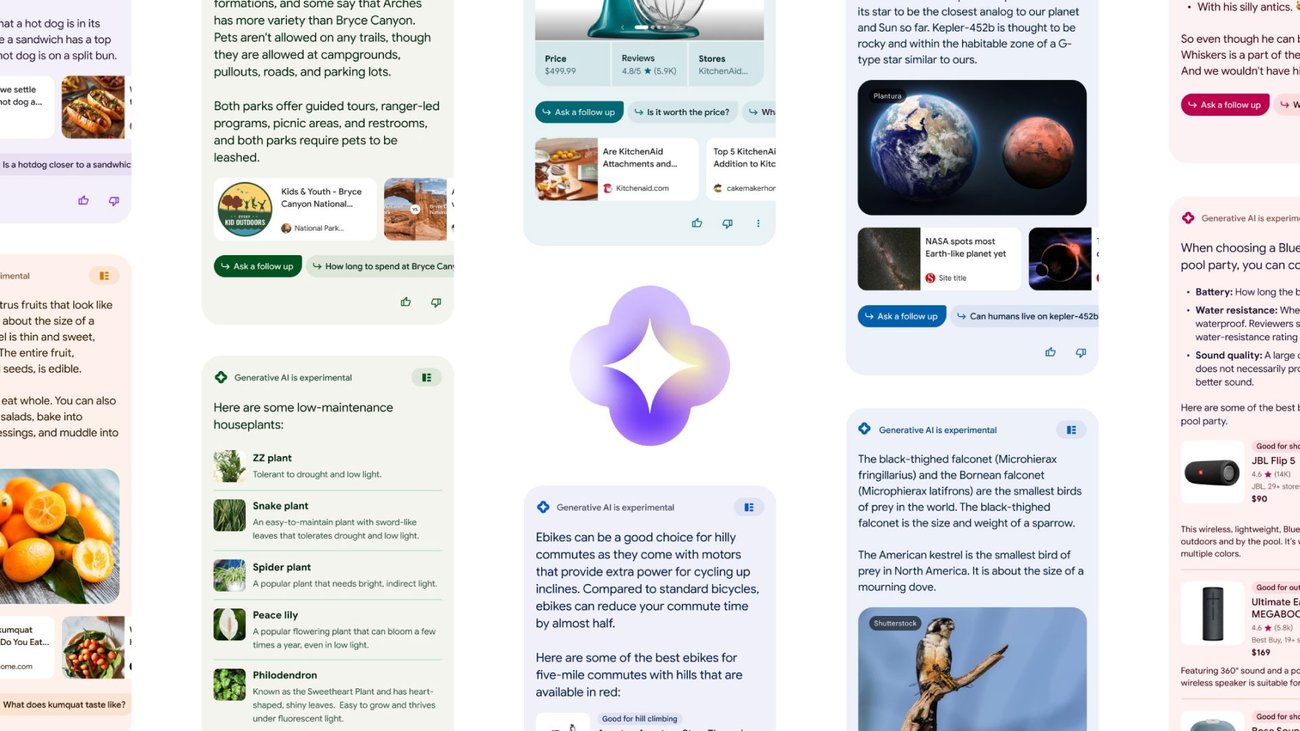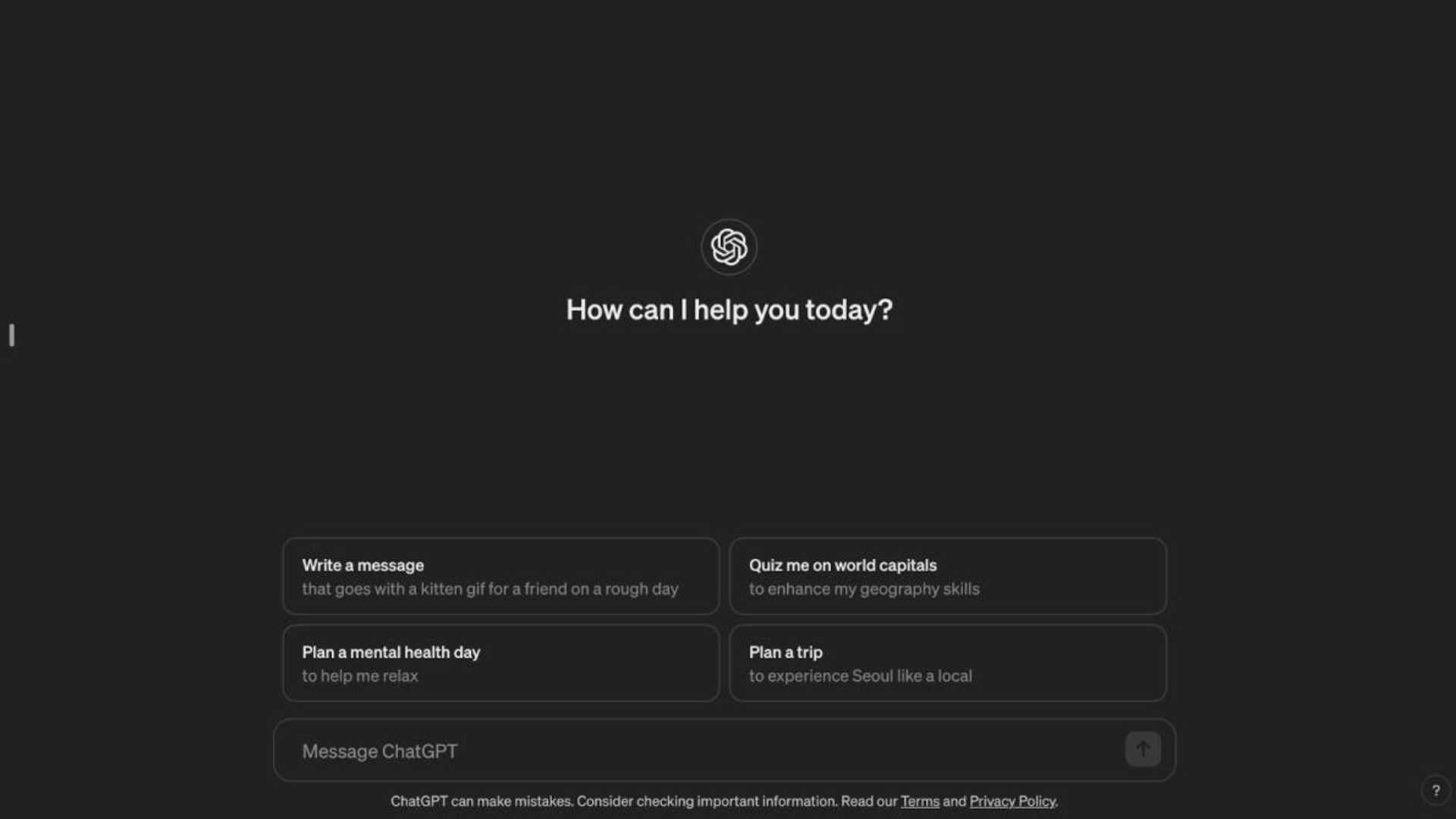OpenAI is reportedly working on a search feature for ChatGPT
OpenAI is reportedly developing a search feature for ChatGPT that could potentially position the chatbot as a viable alternative to Google Search. According to Bloomberg, the new capability aims to enable ChatGPT to retrieve information from the web to provide users with answers to their queries, complete with citations to the original sources.
Enhanced Search Capabilities
One version of the experimental search function includes the ability for ChatGPT to display relevant images alongside text-based responses. For instance, if a user asks a question that could benefit from visual aids, such as "how to change a doorknob" or "how to clean a split-type AC," the chatbot could incorporate images into its answers.

Earlier this month, a Twitter user named DataChaz reported that OpenAI had set up a new subdomain at search.chatgpt.com. While the company has not officially confirmed this initiative, the move towards integrating AI-powered search functionality aligns with OpenAI's goal of remaining competitive in the field.
Industry Competition
Google has recently expanded its AI-powered search results test, showcasing results to users who did not opt-in. Additionally, startups like Perplexity, valued at $1 billion, have gained traction with their AI-powered search engines.

OpenAI has faced privacy concerns in Europe due to inaccuracies in ChatGPT's responses. Despite this, the company has been in talks with Apple to integrate an AI-powered chatbot into iPhones, indicating a growing interest in AI technology across various industries.
Market Developments
Other players in the AI space, such as Mistral AI, have seen significant valuation increases as they strive to compete with established entities like OpenAI. As the landscape of AI services continues to evolve, companies are exploring new avenues to enhance user experiences and drive innovation.

As the realm of AI-powered technologies expands, collaborations and competition within the industry are expected to shape the future of digital interactions and information retrieval.




















